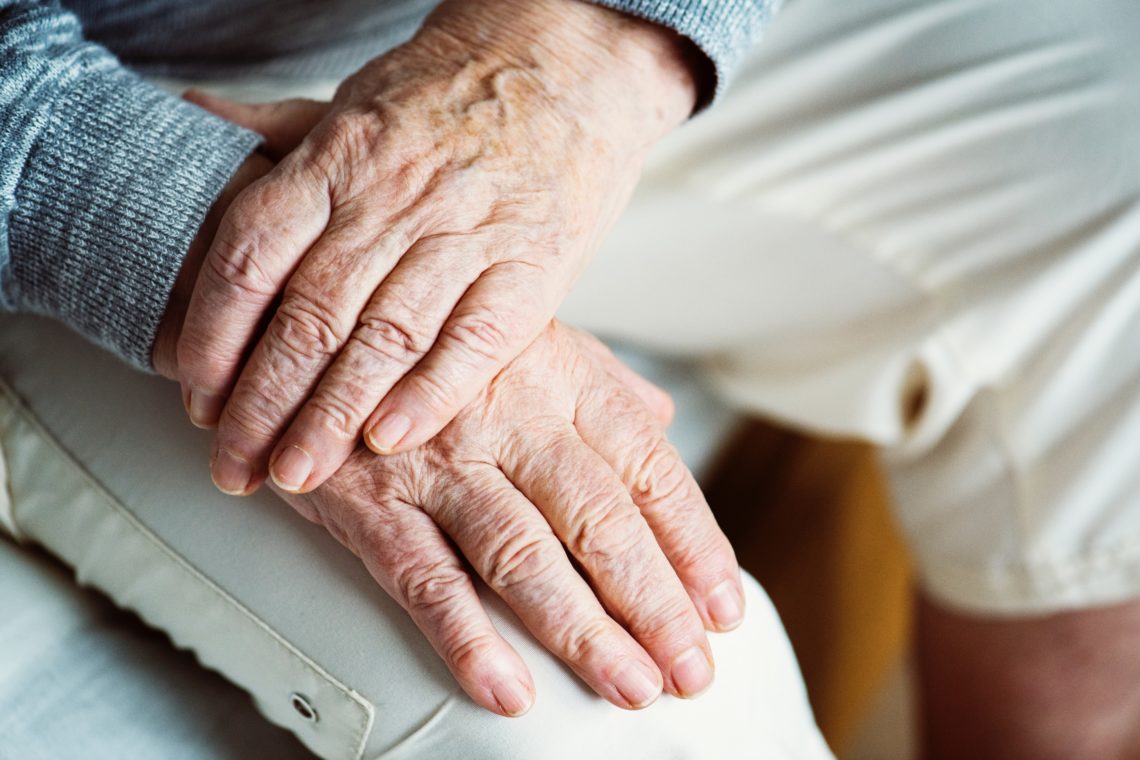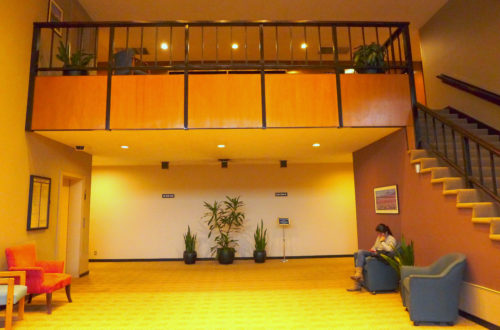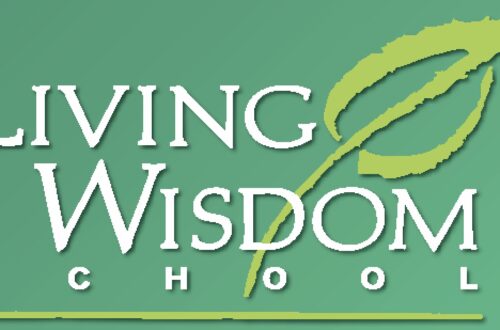What needs to be shared and who needs it
Earlier this year I went to a small gathering in Eugene put on by five folks who had a few things in common: they lived in the same town with no plans to move; they’ve been active in their community for decades; and they’re pragmatic activists with multiple years under their belts who’ve admitted they’re not getting out alive. Billed as “Aging in Community”, it was held on a Saturday afternoon in a local neighborhood center – accessible, easy to get to, with a relevant agenda, and a full enough house to see that a vein was tapped. Clear needs resonated with everyone, and another group was born.
About thirty people showed up. One participant shared that she was entering hospice and would appreciate support for her partner (as opposed to herself). I was surprised as some years back it had been her partner who was ill, but it seemed he’d rebounded, and now it was she who was going to die first.
Poignant, indeed. Our small group chats revealed more who were clearly in need, or would be at some point – single women with age-compounded mobility issues; practical couples who realized that one of them would be needing help from outside; as well as identifying those caretakers who had a long history of helping and wanted to be of service one last time.
The meeting was facilitated (pro bono), with a focus on clarifying group questions and needs. This initial gathering led to an email list, then a workshop, with volunteers willing to coordinate and do chores. Now our friend in hospice – sharing beautiful end-time poetry with this small gathering of new witnesses – is comforted: her partner has back-up, and she’s become the group’s first “project”, teaching us what help can look like in unfamiliar territory in this odd new century.
Networking tools like Facebook can make sharing easier
During the winter, another friend – this time a beloved member of the Oregon Country Faire community – went into hospice and transitioned. For those who have had the privilege of participating, the OCF is like a big extended family, large enough to have deep pools of generous relationships. It was wonderful to watch how his longtime friends – bonded through their common work of putting on a large festival for decades – came together to celebrate his closing days in a shower of love and kindness, with shared meals, tasks and memories.
The most effective information-sharing tool turned out to be a Facebook page set up by his daughter in order to easily share news about his rapidly changing condition once he stopped eating. The page quickly allowed hundreds of friends to post photos and memories, wild stories and links to favorite music – peppered with coordinating calls for dinners, cleaning and scheduling last visits. Even today, his good-bye page still receives posts, giving us all another opportunity to remember him fondly and let him touch us once again. Contrary to the often self-professed “I don’t do Facebook,” lots of people did. In fact, grandparents are one of the fastest growing user groups, of this increasingly popular platform for family-connecting. In addition to Facebook, www.caringbridge.org is another useful online networking site for families and friends. It does require a membership, a login, and tends to get spammy.
Communities of Spirit and Conscience – living and working to share
Alongside groups of the ‘generally concerned’ – either clusters of strangers who mean well towards one another and temper the absence of local relatives, or the blood kin and extended family who fiercely insist on tending to their own – a third area of community-based support that makes itself felt during the dying process are religious congregations. especially those that have specific orthodoxies that must be carried out in a timely manner. Observant Jews must be buried within 24 hours of death; Ba’hai must be buried locally; Muslim body washing and burial requirements can be challenging in Westernized cultures; Catholics offer administration of “Last Rites”. Each group requires the local community to share their compassion and time in order for these final wishes to be fulfilled.
Communities of spirit, intent and conscience abound outside the formal religious framework of those who help at the end of life. Over the years, it’s been my privilege to speak to a number of them on ways to plan for a “more natural end.” Funeral service coops, hospice chaplains and workers, emergency responder groups, personal organizers, celebrants, and medical professionals are just a few of the many people-in-groups. In fact, almost everyone has an expertise or interest that can benefit others, as well as themselves, when turned toward needs at the end of life. Should you find yourself so moved, look around – there’s probably someone in need within your community, with whom it will feel great to share.
Cynthia Beal is the founder of the Natural Burial Company, the impulse behind the Sustainable Cemetery Studies Lab at Oregon State University, and the owner of two Lane County historical cemeteries.
Download a free Natural Funeral Planner at www.naturalburialcompany.com and locate natural service providers at www.naturalendmap.com






